Water, sewer, and electricity will now cost more for those living or operating their businesses within the city limits.
Fallon’s electricity comes from the Utah Associated Municipal Power Systems (UAMPS), an interlocal agency that provides wholesale electric energy services on a non-profit basis. “We have to provide stable power and manage costs,” said Mayor Tedford. Through UAMPS, the city has been able to do that. However, Fallon, like every other city in the nation is facing unprecedented increases in energy prices. “The cost of wholesale power purchased from UAMPS is expected to increase over 50% compared to the fiscal year 2020 to this current fiscal year,” said City Clerk/Treasure Sean Richardson during the March 21 city council meeting. “Electricity is a commodity; unlike sewer and water, we pay the market price.”
Further, the city’s electricity rates have not been adjusted for nearly a decade, unlike NV Energy, which has had several increases over the same period. The current economic situation is significantly impacting the electric department, and the city cannot afford not to adjust its rates.
According to Richardson, the adjusted domestic customer rates will be $25/month per meter and $0.1503 per kilowatt hour. The change is estimated to increase electric utility revenues by $2.5 million. Mayor Ken Tedford told the council that rates have only been raised a few times in his 36 years of government service. “It’s hard but necessary,” he said.“ (Electricity - Resolution 23-02).
Customers will also see higher water bills. The last time water rates were adjusted was in 2006, said Richardson. With overall costs rising and many improvements needed to keep the city’s water systems operating efficiently, customers can expect the domestic user base rate adjustment of $5.00 per month, with no increase in the per-gallon rates. Larger water users will see a proportionate increase in their base rates, and connection fees will also increase. “Dollars in 2023 don’t go as far as they did in 2006,” Tedford told the council. “This increase covers the difference.” The rate adjustment is estimated to increase annual water utility revenues by $250,000. (Water - Resolution 23-03).
Sewer rates are on the rise. Last adjusted over eight years ago, sewer operations and infrastructure costs are steadily climbing. Storm drains and other capital improvements are also needed. Single-family and multifamily users will see a rate adjustment of $5.00 in the base rates and an additional $5.00 fee for storm drain costs. This adjustment is estimated to increase annual sewer utility revenues by $500,000. (Sewer - Resolution 23-04)
Each utility - electric, water, sewer - is held in an Enterprise Fund, where customer payments and related expenditures are managed at no profit to the city. Richardson described the three enterprise funds as belonging to the citizens using those services. The rate increases will keep each utility financially stable.
“These are some of the most difficult decisions we will face as members of the City Council,” said Councilwoman Kelly Frost. Although she did not seek office thinking she would need to increase utility costs, she was immediately confronted with the need to do just that. “I learned that despite city staff’s efforts to avoid raising rates, we as a council have the responsibility to keep our operations solvent.” Mayor Tedford echoed Frost’s sentiments, stating, “Nobody wants to tell their friends and neighbors that their costs are going up, especially when you know how hard it will hit some of them. For those hit hardest, there are programs available that help ease this burden. Ultimately for all our citizens, we have to keep the city moving forward.”



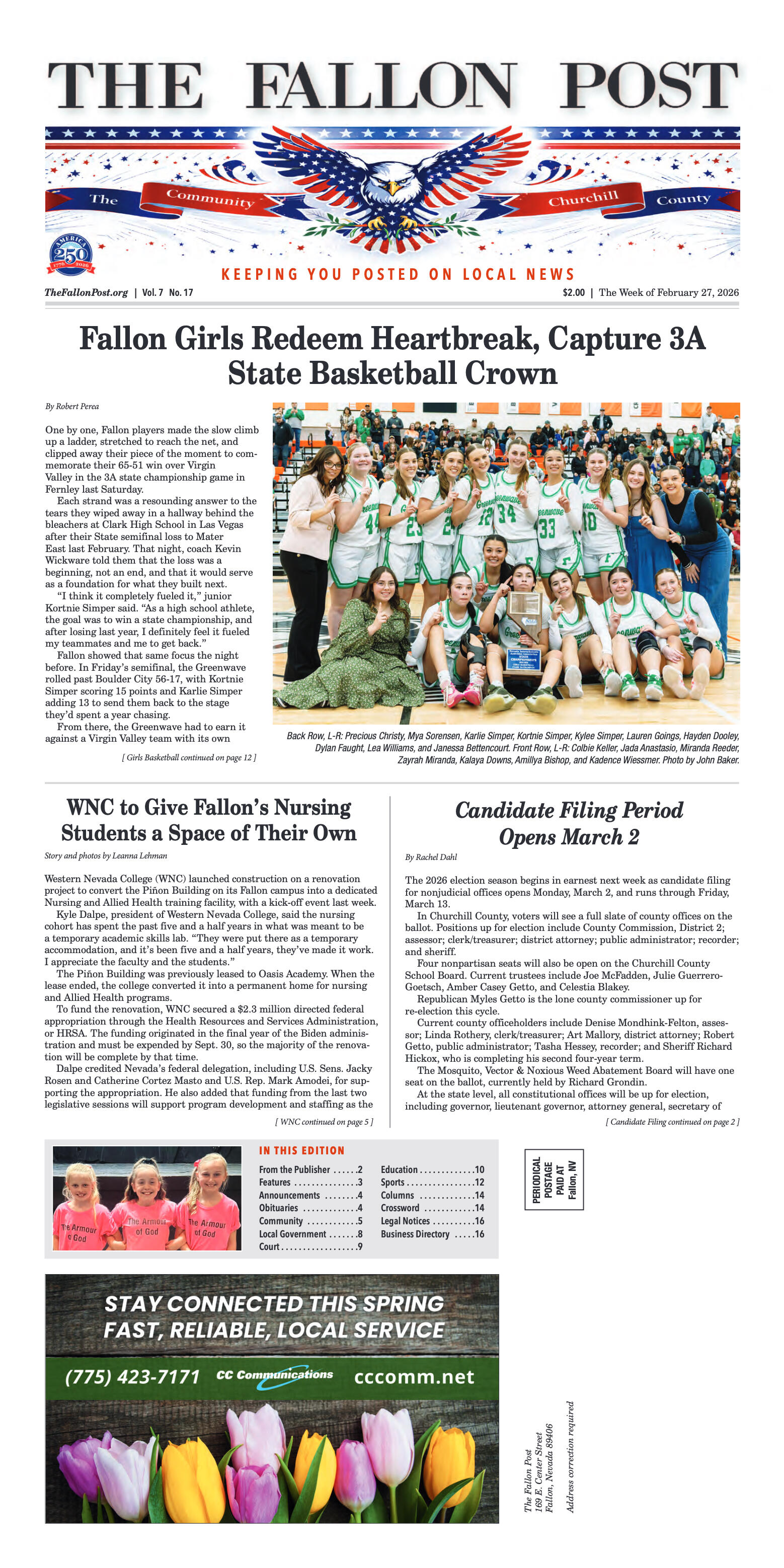


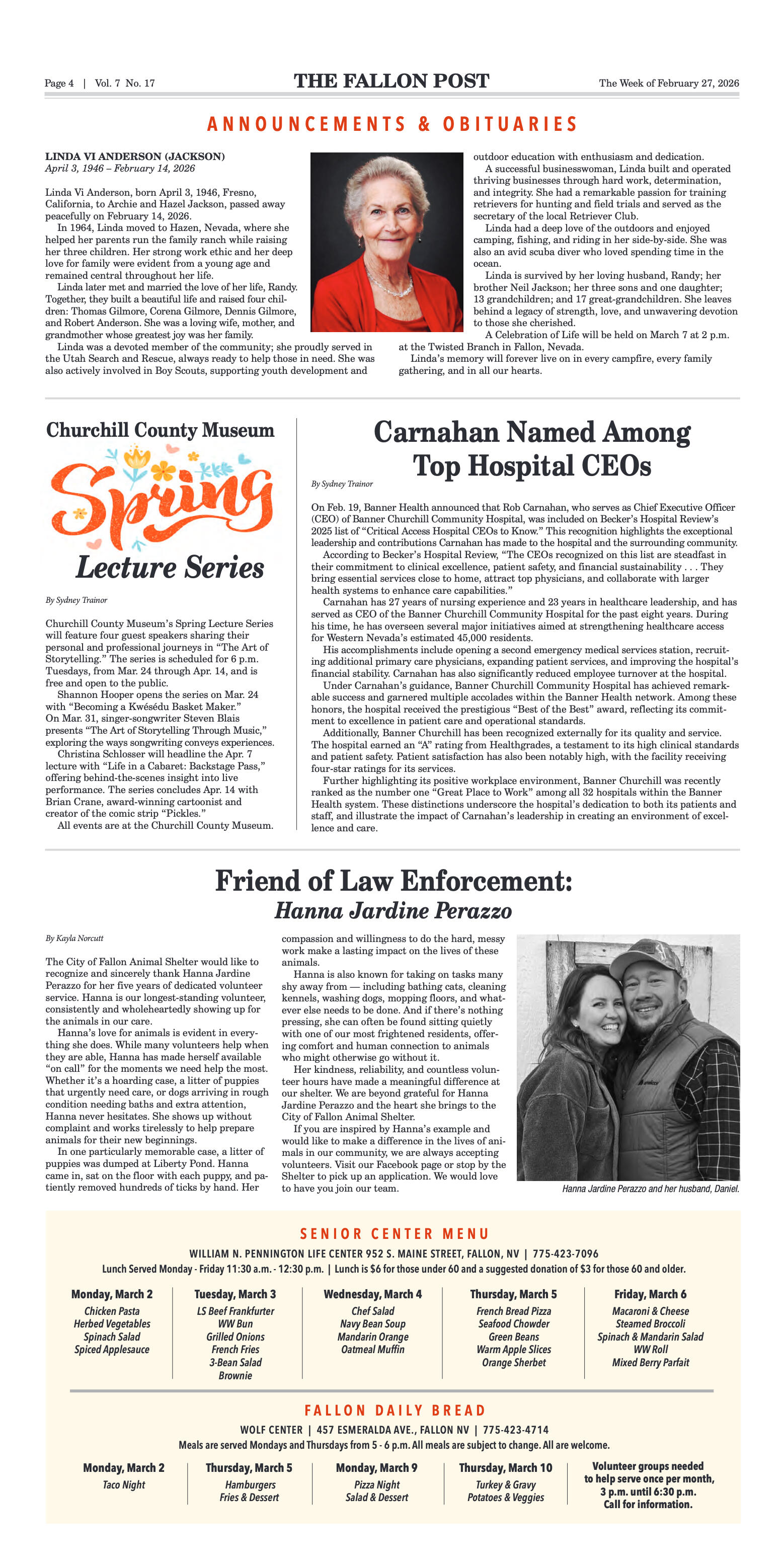
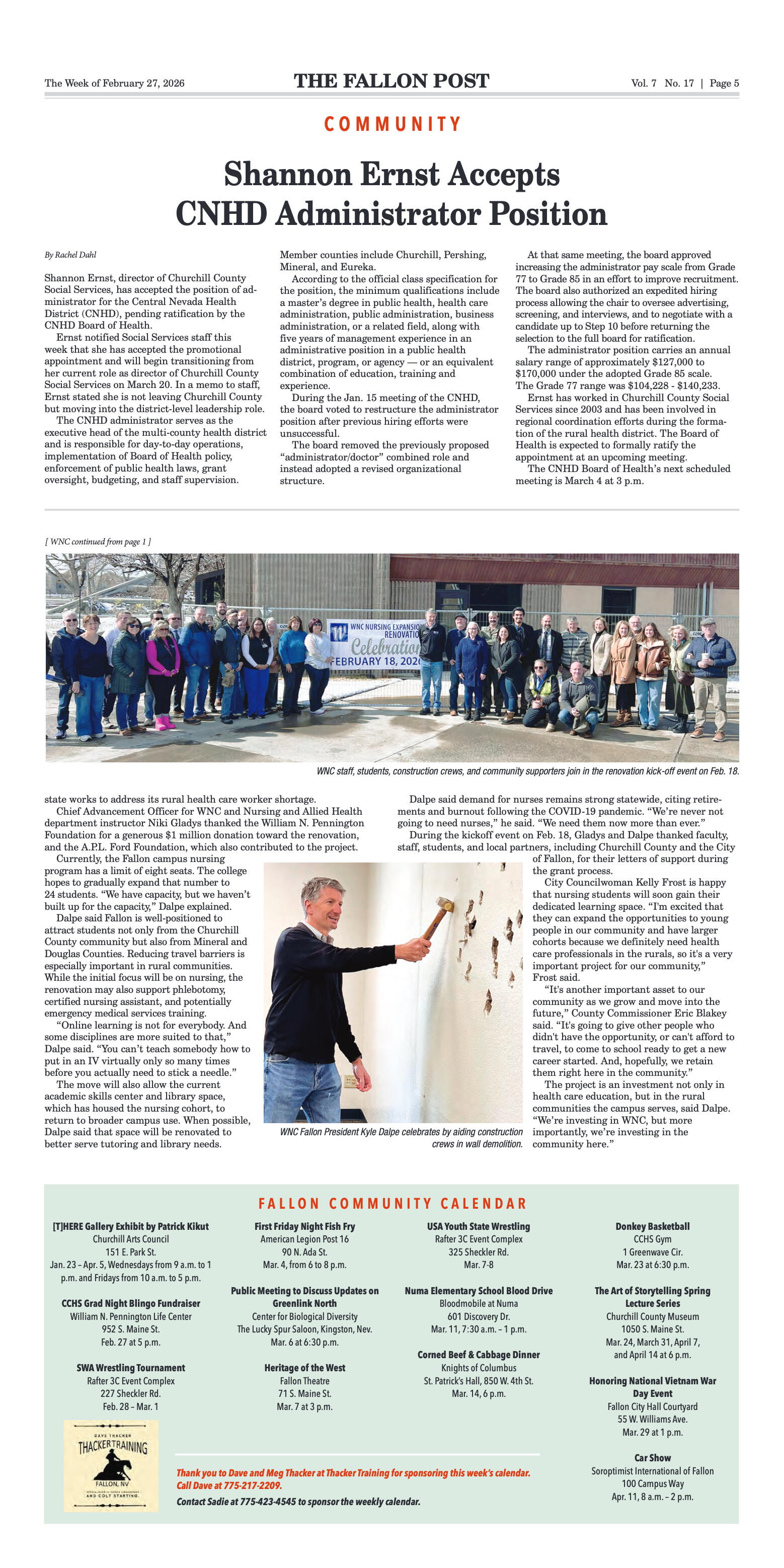


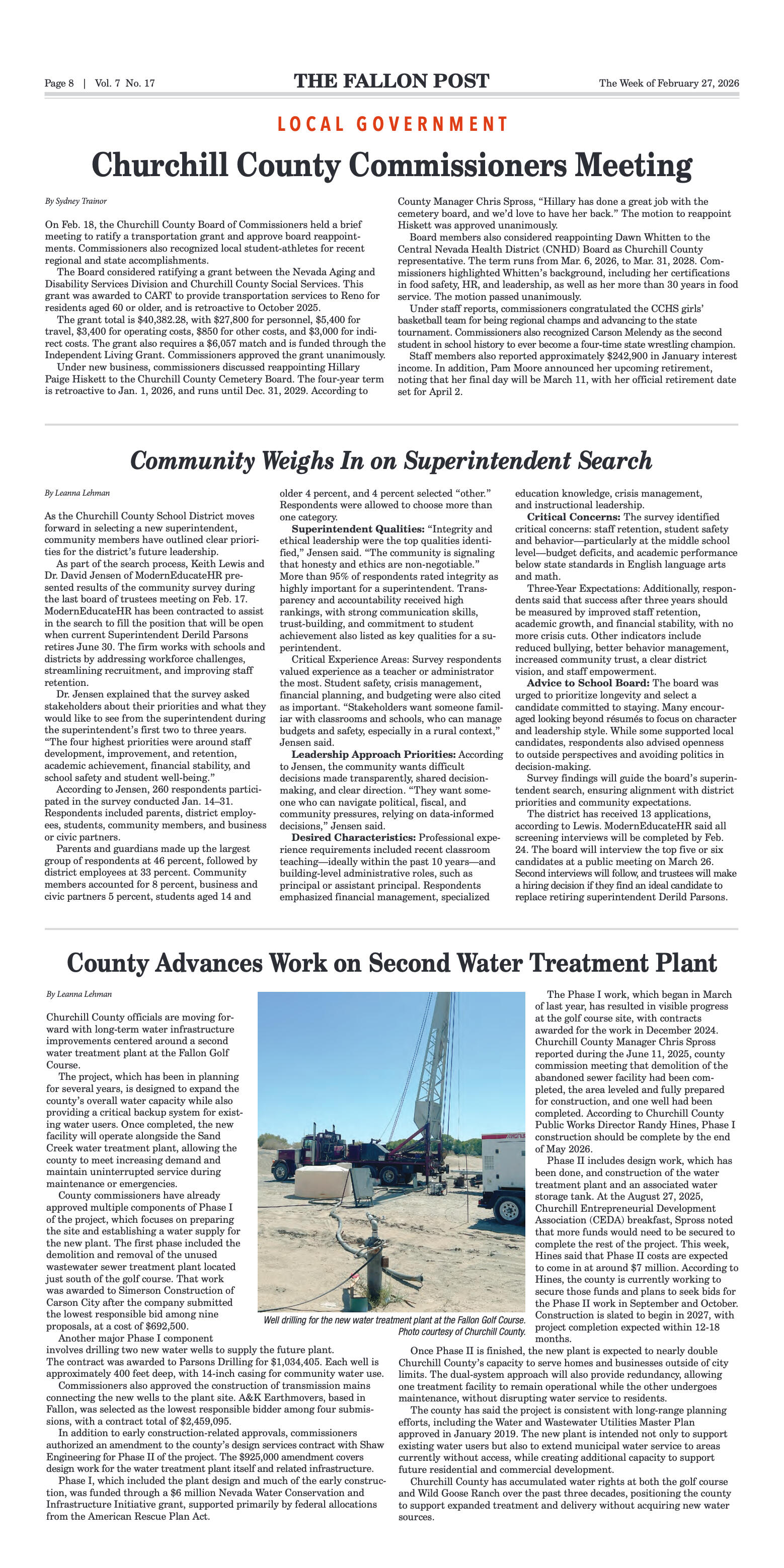
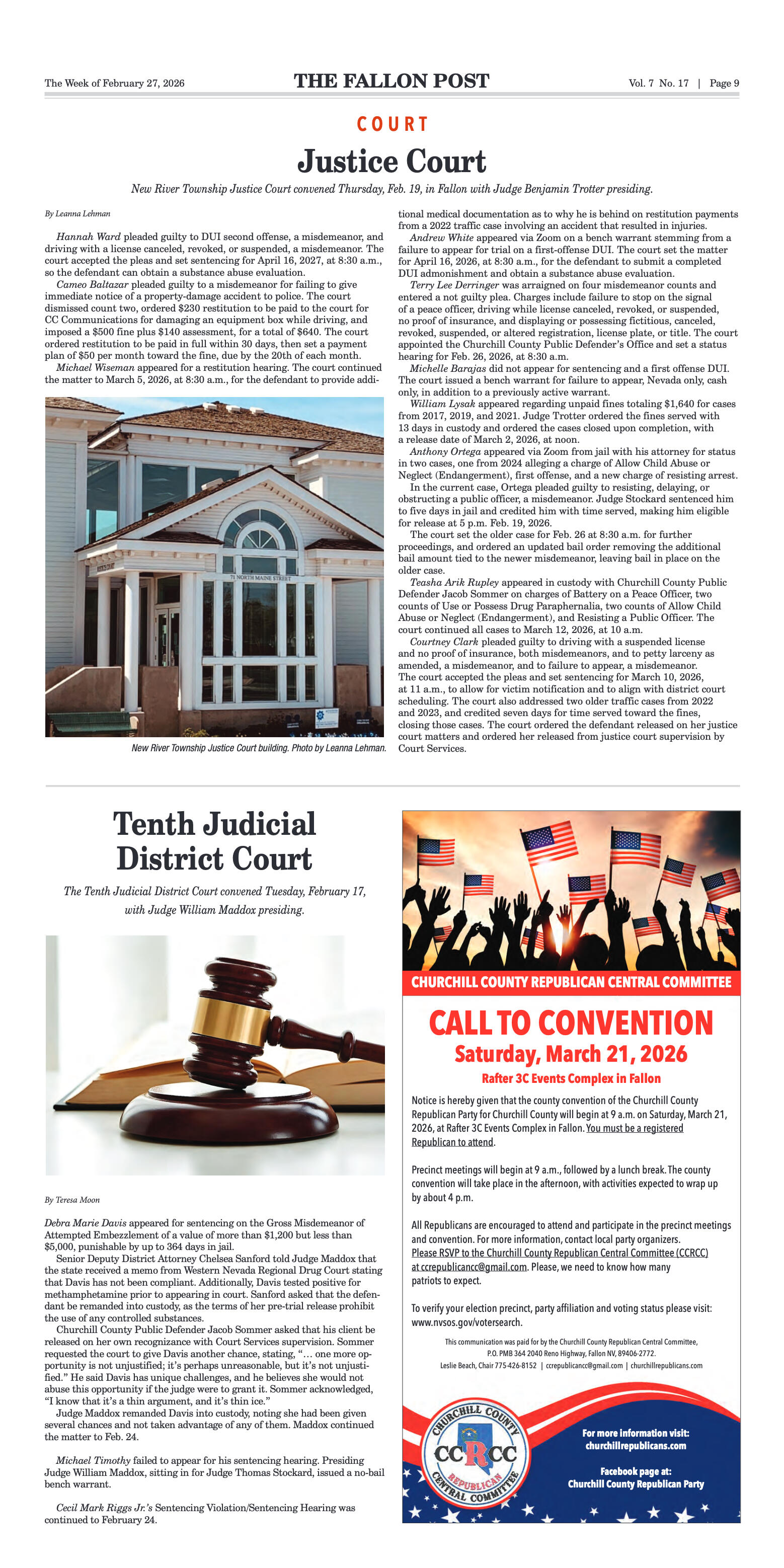
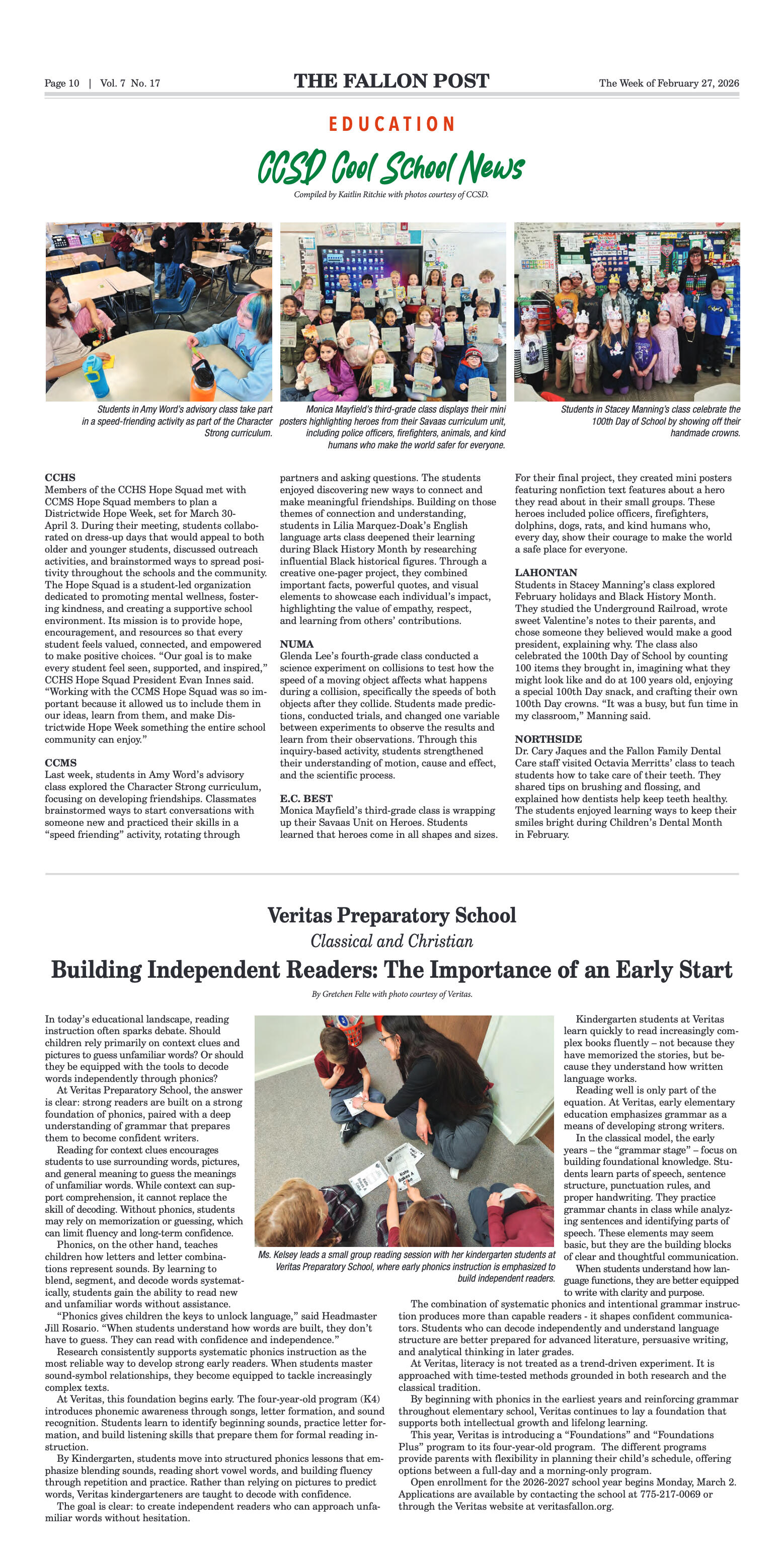
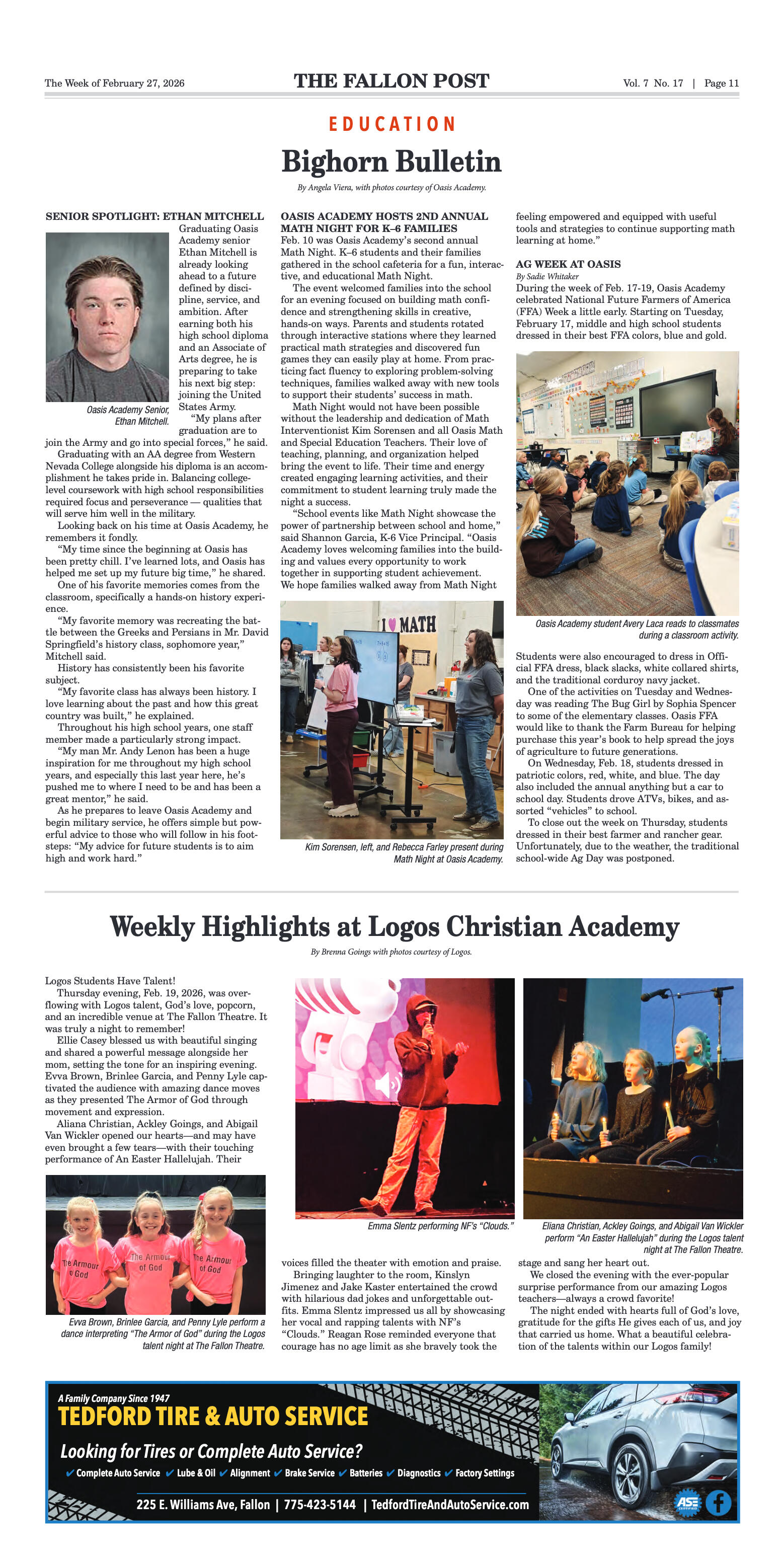




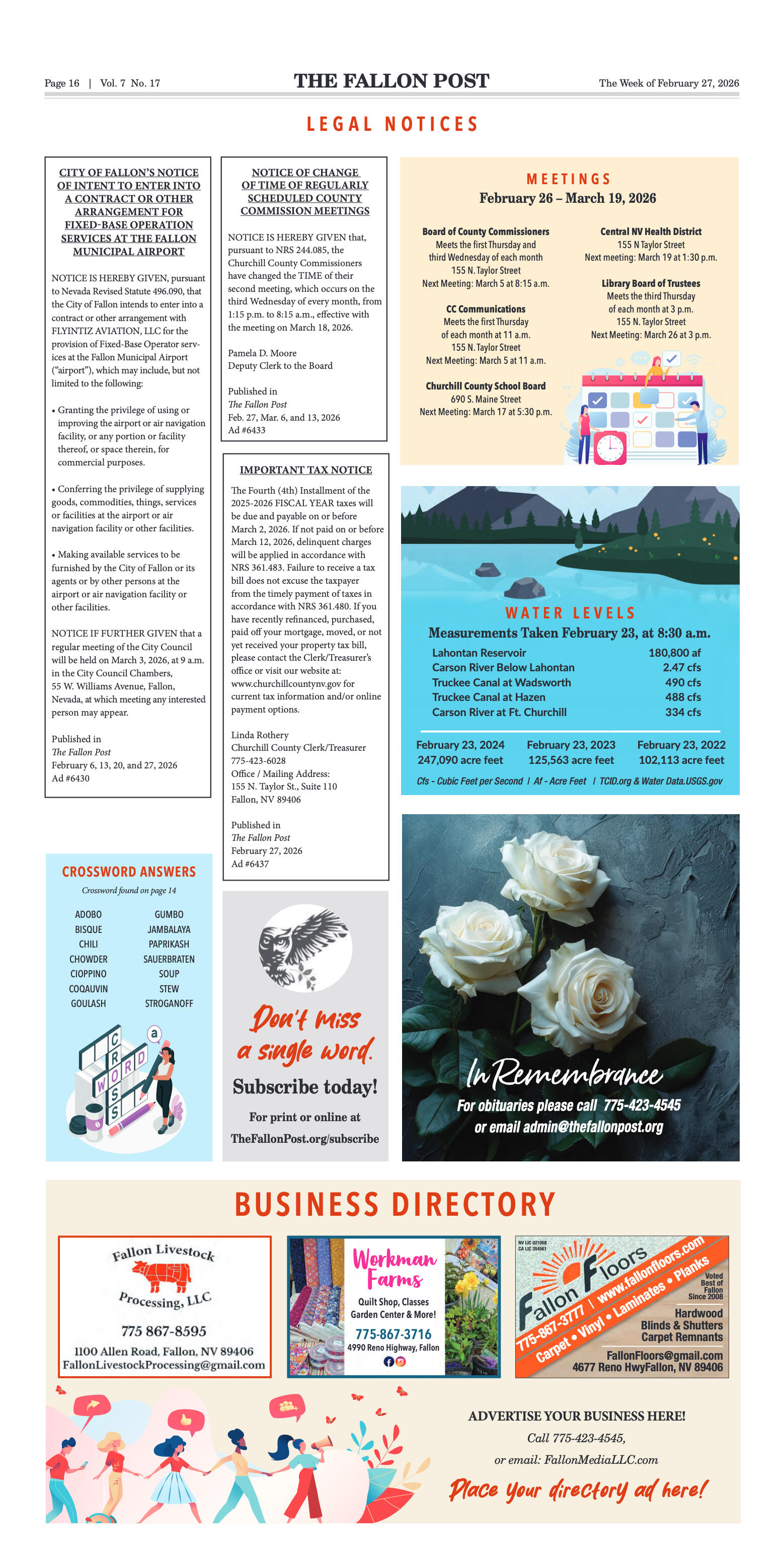























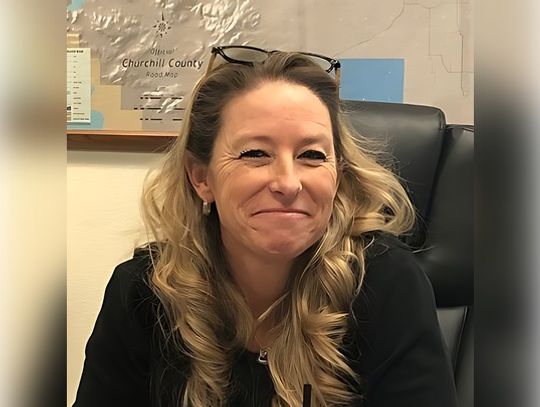


Comment
Comments